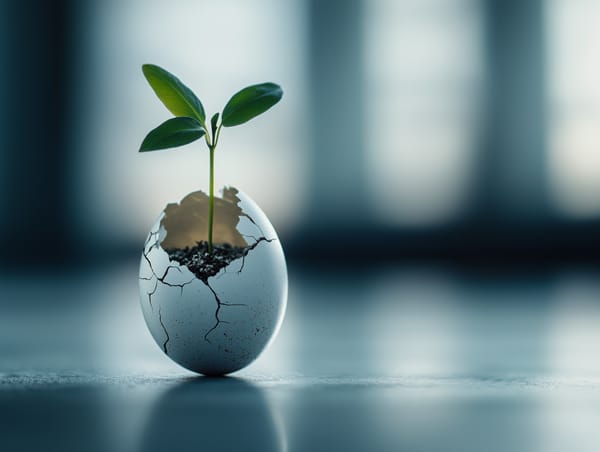
Show Up Today, Quit Tomorrow (But Don’t): A Mindset for Consistent Progress
“The people who make it aren’t necessarily the most talented or the most naturally gifted—they’re the ones who keep showing up, day after day, even when it’s hard.”

“The people who make it aren’t necessarily the most talented or the most naturally gifted—they’re the ones who keep showing up, day after day, even when it’s hard.”

“When the tracks ahead shift, the destination remains the same. Stay loyal to the goal, not the plan.”

“Slowing down doesn’t mean stepping back from your creativity; it means giving it the space it needs to thrive.”
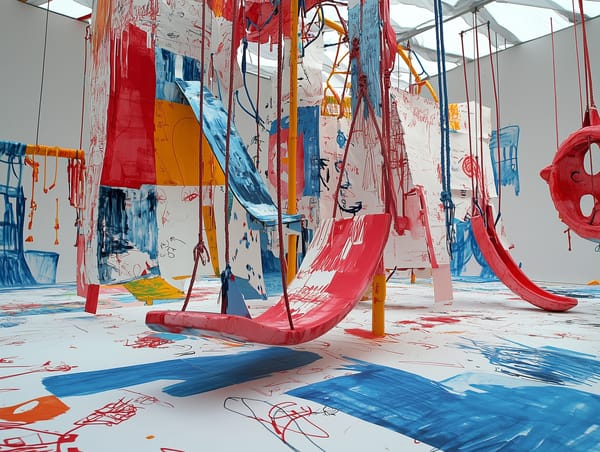
“The true risk isn’t in getting it wrong; it’s in letting the fear of being wrong paralyse you.”
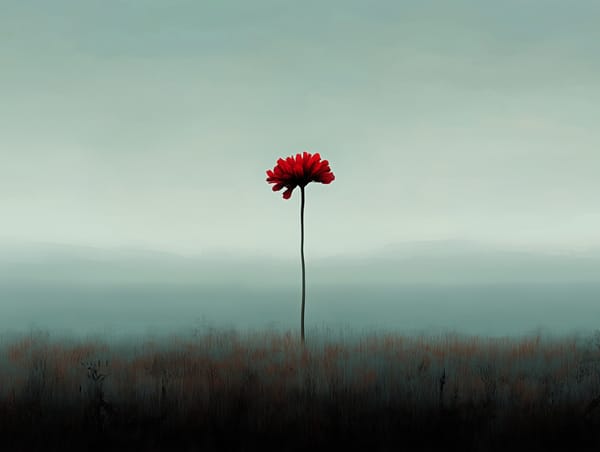
“In a world of endless noise, let your intentional silence become your most powerful statement of all.”
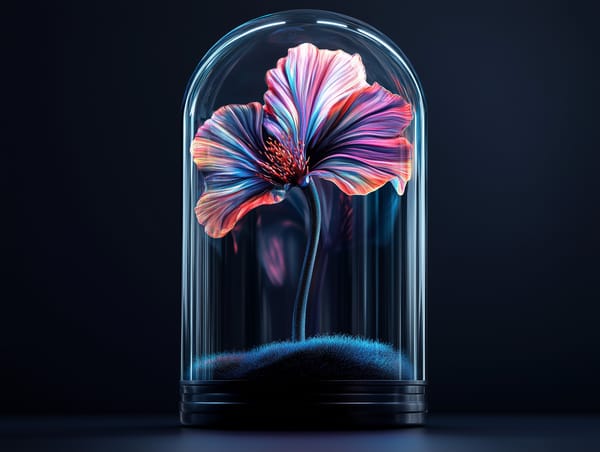
“They begin with relationships—not the loud, networked, social-media-forward kind, but the quiet, genuine connections that form between professionals who respect each other’s work and understand each other’s values.”

“Just like trying to force your way out of a traffic jam rarely gets you home faster, trying to force creativity, career growth, or recognition often stalls progress.”

“There’s a sweet spot between market demands and personal evolution—a space where commercial viability meets creative growth.”
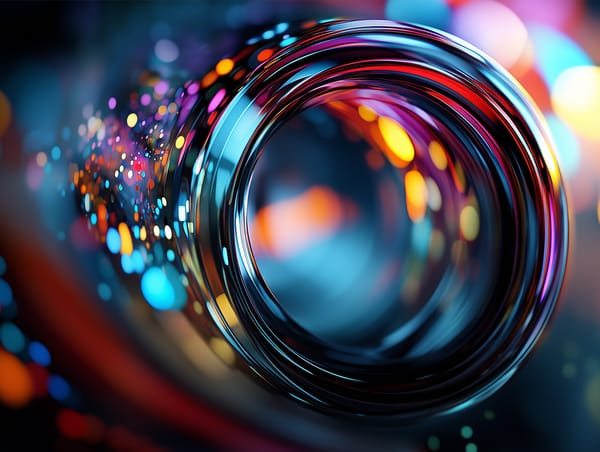
“Every day, in every client interaction and project challenge, you have a choice: to see the bitter—the difficulties, frustrations, and unfairness of it all—or to see the sweet—the opportunities, lessons, and potential for growth.”

“The power to change your life doesn’t just lie in changing yourself; it lies in changing the world around you.”
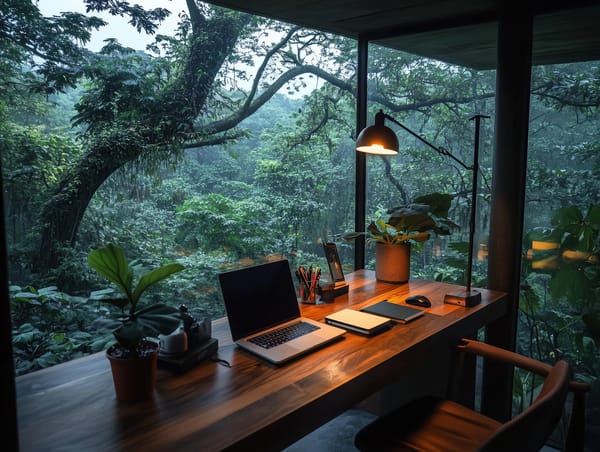
“When you transform your environment, you’re not just changing your surroundings—you’re changing yourself.”
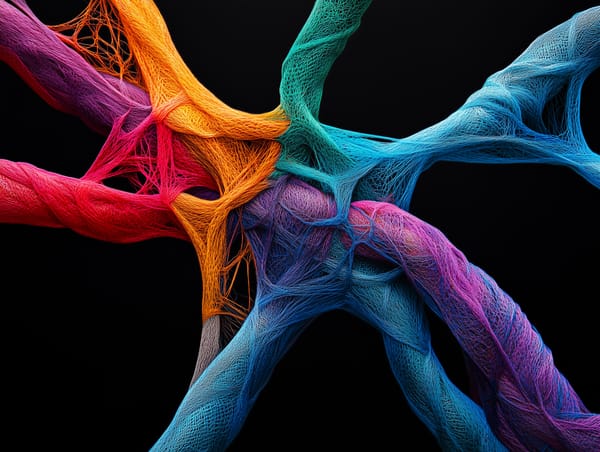
“Creating without the expectation of applause turns the focus inward—it’s a space where true creative breakthroughs often happen.”

“Remember, an algorithm does not determine your worth as a creator.”

“The greatest creators aren’t those who know everything, but those who are fearless in their pursuit of knowledge.”

“While excuses might provide temporary comfort, they’re often the very things keeping us from reaching our full potential as creative professionals.”

“True creativity flourishes when risks are taken, but seeking external approval can make risk feel too daunting.”